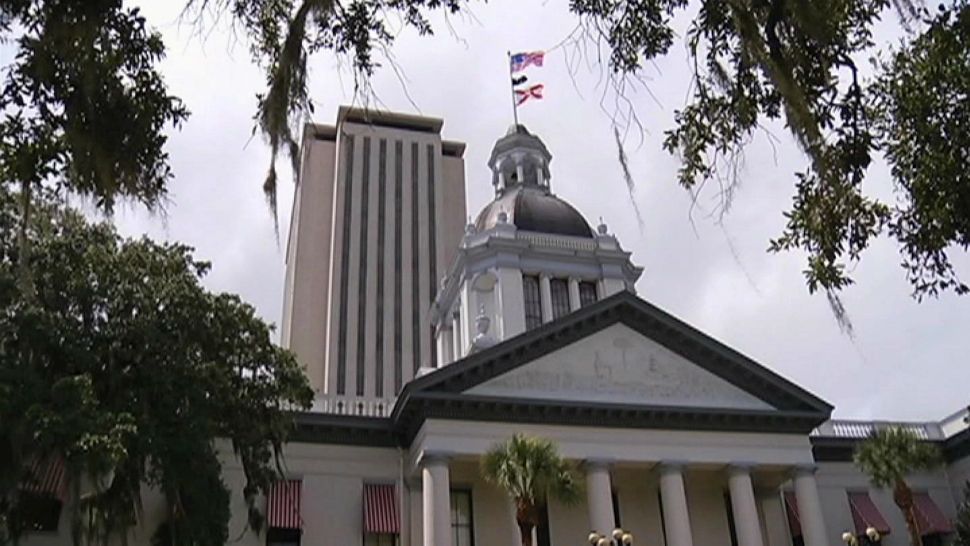TALLAHASSEE, Fla. — A top state government watchdog group called Monday for raising the threshold required for the Florida Legislature to approve 'preemption' bills that effectively overturn local ordinances passed by city and county commissions.
Here's five questions asked and answered about why this has become a hot button issue in the state's capital now and what happens next:
1. Why are preemption bills attracting criticism?
While preemption measures have been passed by the legislature for decades, two developments have sparked intense opposition.
The first is a general move away from narrowly tailoring the bills to ensure uniform compliance with non-controversial state laws, including those governing roadway markings and workplace safety. Many preemption bills now forbid local ordinances - including those banning concealed weapons in public parks and plastic straws - that run counter to the ideological agenda of Tallahassee's majority Republicans.
Secondly, the rate that preemption bills are being filed has increased significantly: since 2017, 119 preemption bills have been drafted.
2. What do critics want to do about it?
At a Tallahassee press conference Monday, leaders of the watchdog group Integrity Florida called for a new requirement that preemption bills be subject to two-thirds supermajority votes. Such a bar would make the bills more difficult to pass, but mandating it would require amending the Florida Constitution.
3. What do the legislature's Republican leaders have to say?
They believe many local ordinances are unconstitutional and that state government has a duty to forbid them. A court battle is currently raging over the National Rifle Association-backed preemption law to bar cities and counties from preventing Floridians with concealed weapon licenses to carry guns in public parks.
The Second Amendment, gun rights advocates argue, is the ultimate arbiter of where people should be allowed to carry their weapons.
4. How many preemption bills have actually passed in recent years?
Compared to the number of bills that have been filed, relatively few have passed. Since 2017, only 11 preemption measures have become law, and last year Gov. Ron DeSantis vetoed the bill banning local plastic straw moratoriums.
5. What happens next?
The 2020 legislative session begins January 14, but joint resolutions to require supermajority votes in order to pass preemption bills have yet to be filed. Integrity Florida's own leaders say they're doubtful lawmakers will embrace their demand.



